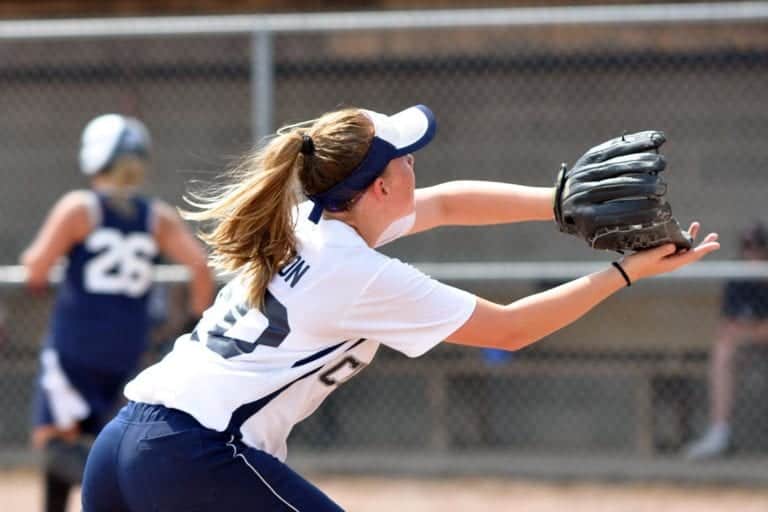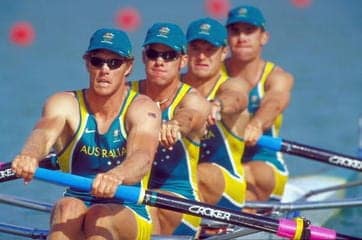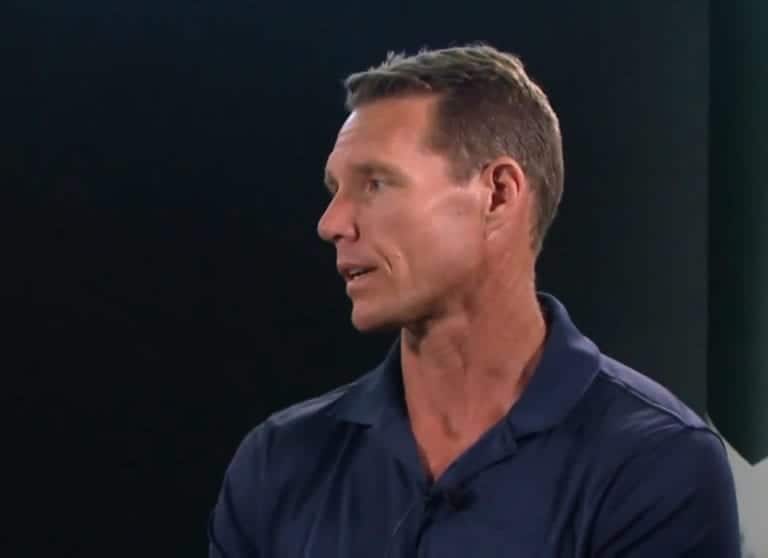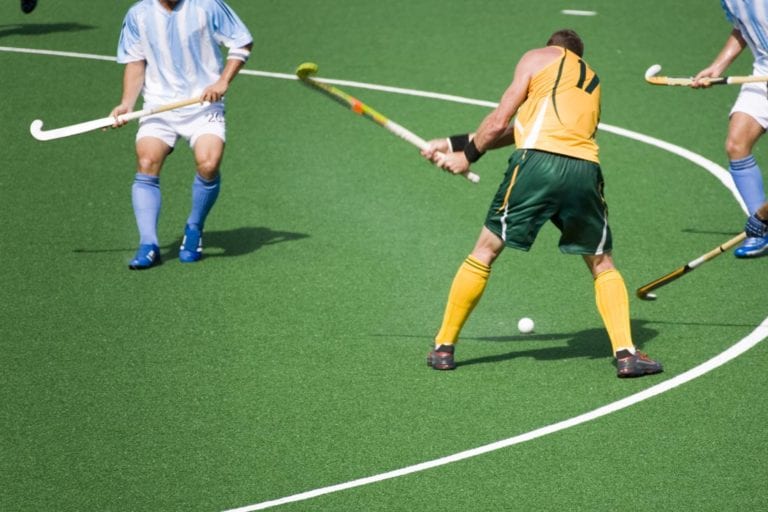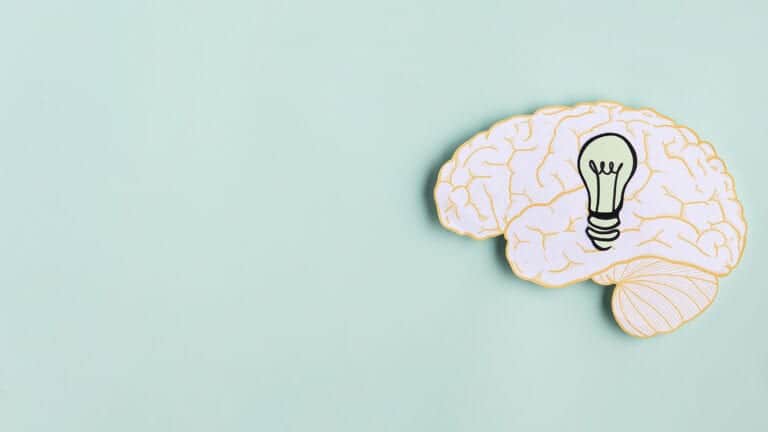An athlete’s account – how reflecting on and reframing poor results lets you reapply yourself to the goal
I was listening to a podcast with a successful Australian cyclist who had won an incredible 11 world titles, but, it wasn’t these titles that shaped her as a competitor, it was the 29 world titles that she contested and lost.
The podcast prompted me to ask Bo Hanson, Senior Consultant at Athlete Assessments, and 4x Olympian, 3x Olympic medalist, exactly how he examined his own losses. In addition to his consecutive successes at an Olympic level, Hanson also contested every world championship over a 10 year period.
Like every athlete, Hanson’s career was punctuated by losses, or times when the team’s performances fell short of their expectations, but what exactly did he take away from these losses that built him into a better athlete. How did he reflect, reframe and reapply himself to keep racing and training at the international and Olympic level in rowing?
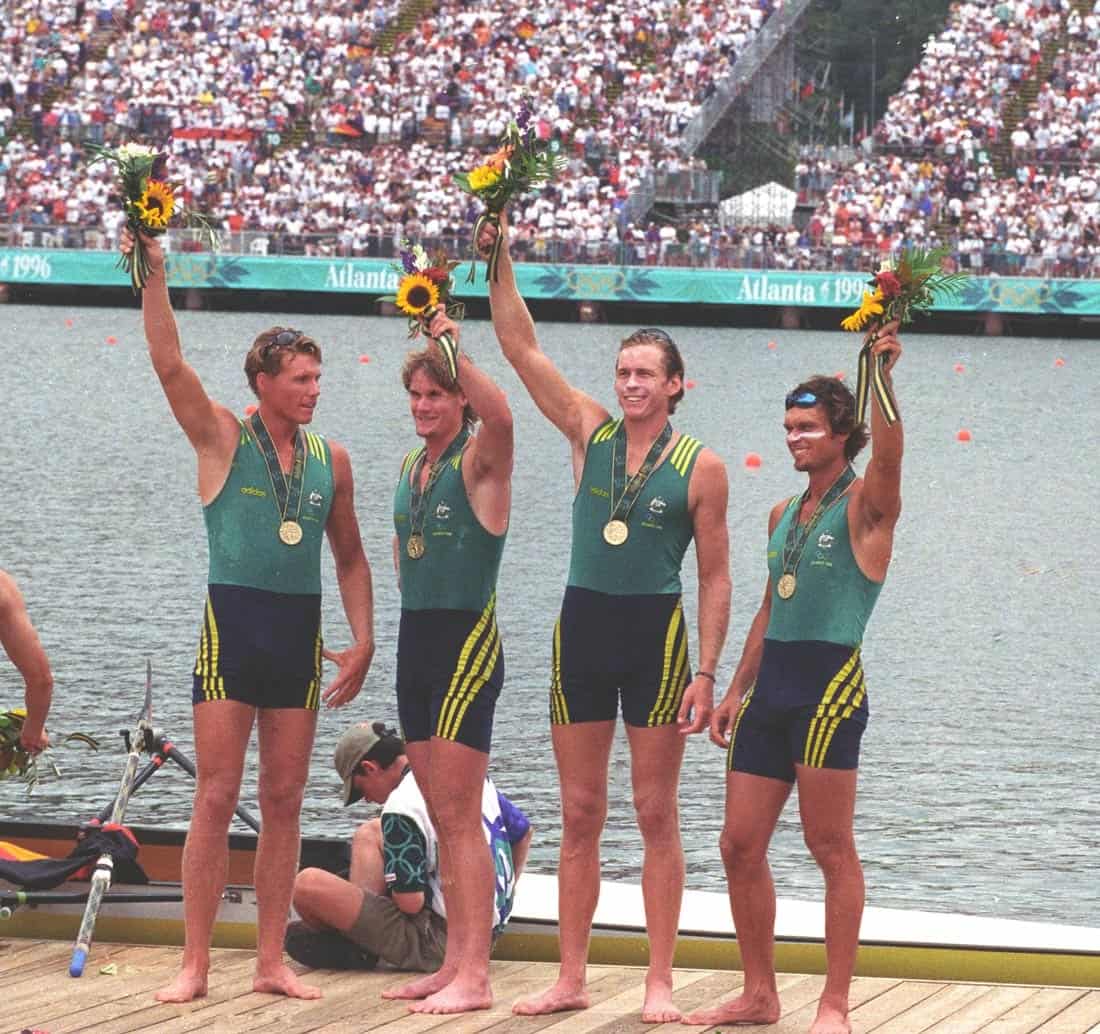 Hanson said that not achieving a goal teaches you extremely valuable lessons, specifically he says, “In the early years of competing at the World Championships, I had several years where my crew finished in 4th place. Often, we were in a medal winning position only to be beaten in the dying stages by faster finishing crews.”
Hanson said that not achieving a goal teaches you extremely valuable lessons, specifically he says, “In the early years of competing at the World Championships, I had several years where my crew finished in 4th place. Often, we were in a medal winning position only to be beaten in the dying stages by faster finishing crews.”
“Finishing 4th is an incredibly disheartening experience and one where initially, all seems like it is just not worth it. I recall this feeling after each 4th place, but never the less, fronted up again the following year to enter the contest with renewed hope of doing a little better.”
“Finishing 4th can certainly provide enormous motivation to never want to feel that way again!”
“Once the initial disappointment wears off, which it will in time, I started to rethink how we could make the tiny improvements needed to be faster and achieve a better outcome. For me – given my profile of having a high level of D, you may already have realized this because I’ve spoken mainly about wanting a better result – what I also learnt as time went on, was how I really did enjoy rowing with my crew. I enjoyed the guys in the boat, and I loved being coached by my coach Tim. I loved being around people who were ‘trying hard’ every day. It was inspiring. I wanted to be in this environment, so as much as I wanted to win medals, the reality was that I also would have kept rowing (and I did) even when the results were not quite so good. Having a balanced approach to winning and not winning is critical. There is so much more to the experience. That feeling was also a touchstone for me when I was looking for fulfilling career options.”
“Reflection is important, and sometimes it’s only when you don’t get a ‘result’ that you realize all the other great aspects to sport. Some people only experience winning and although I had some great results, none of my major results were ‘golden’… there are no Olympic Gold Medals in my cabinet… but the reality is, that is the case for most athletes who go to the Olympics. So, reflecting on what is important to you in your sport is something to do when the dust settles and it’s crucial to re-find your ‘big reason why’.”
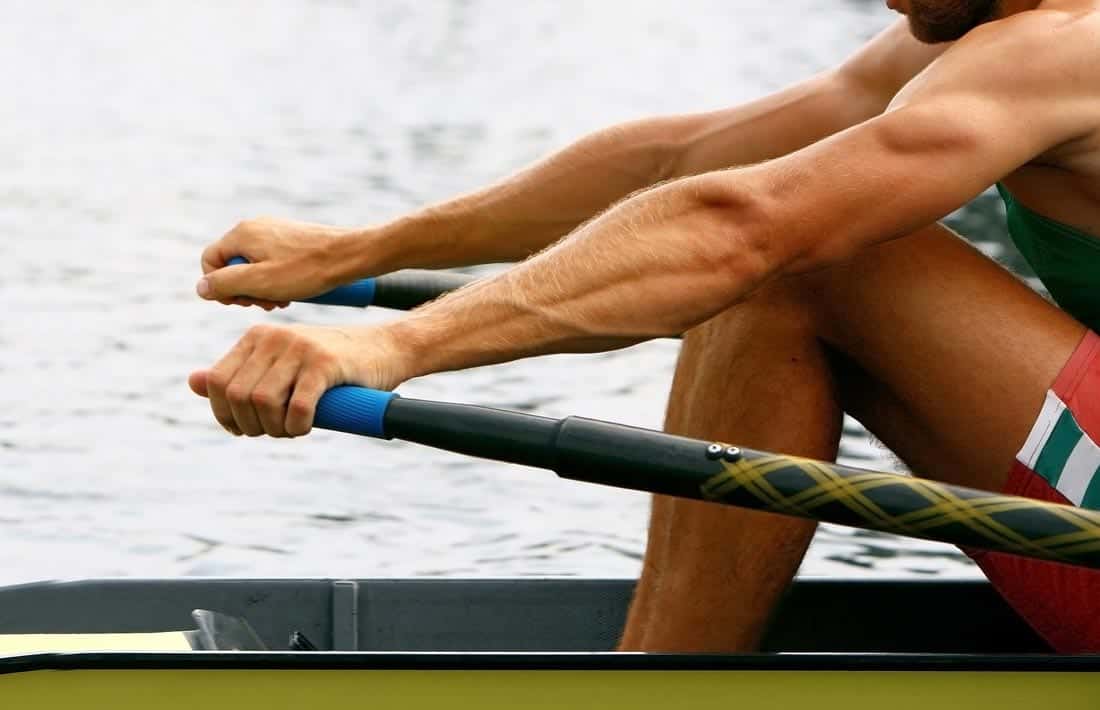 Importantly, he says, “The most difficult part of my career was in 1995 at the World Championships, where we were ranked #2 in the World, had the fastest time in the world that year and ended the World Championships ranked 8th, barely qualifying for the Olympics the following year.”
Importantly, he says, “The most difficult part of my career was in 1995 at the World Championships, where we were ranked #2 in the World, had the fastest time in the world that year and ended the World Championships ranked 8th, barely qualifying for the Olympics the following year.”
Hanson adds, “That result was extremely difficult to take. Every regatta event we entered that year we either won or came 2nd. We massively underperformed and the lessons I learnt about team harmony, respect and team culture, shaped a medal winning performance in the 1996 Olympics with a new coach and one crew member change. Again, I eventually reflected and reframed a poor outcome, isolating the processes and elements that we did poorly in our preparation to ensure these never happened again. And they did not ever happen again.”
“So, making mistakes is human and to learn from them is human too, but so often people repeat errors. Most times this is due to a lack of personal and team reflection. As a result of not reflecting and committing to make changes, poor results will happen again.”
Hanson concludes,
“So, my recommendation to you is to turn your losses into learnings. Your disappointments into reflections and reflections into changes, then put your changes into future great outcomes.”
Where to from here…
Having the ability to reframe losses and implement change is part of a mental skill set which can be developed in all athletes includes toughness, resilience, coping and performing under pressure. To aid coaches in this development of their athletes, Bo Hanson has authored a workbook and video series called ATHLETE TOUGH™.
The ATHLETE TOUGH™ Program is a step-by-step program that coaches can administer weekly, taking an individual athlete or team through exercises and activities that address topics like; staying in the game, teaching toughness, bouncing back, mastering accountability, the most critical relationship in sport, and staying tough under pressure. The program develops an athlete’s mental skill set by engaging them in reflective journaling, activities and exercises aimed at building their capacity to navigate challenges in a positive and proactive way. Find out more about the The ATHLETE TOUGH™ Program today.
At Athlete Assessments, we’re experts in the people side of sport. We know sport and live high-performance every day. Our reputation and proven success at the elite level speaks for itself. The results that our National, Olympic, Professional and Collegiate team clients achieve directly reflects their focus on getting the people side right. Contact us today.
Recommended Articles
Many believe in the ‘domino effect’ as a natural force in life and subsequently, sport. It’s often referred to as the concept of ‘momentum’. The domino effect is best explained as looking at life, or sport, as a series of somehow connected events or situations. When one domino is pushed, the others all fall until the inevitable end result occurs and a thousand dominos are all lying flat.
Earlier this year I released a Handbook and Video Series called ATHLETE TOUGH™. This project came about because I wanted athletes to understand that qualities such as mental toughness, resilience and grit were in fact teachable skills. Mental toughness is not a mythical quality some are born with and others without.
You’re not alone if you’re confused about the various terms used to describe mental toughness, from grit, sport psychology and mental skills to resilience, there are numerous ways to describe and refer to mental toughness. Do they mean the same thing, or are there important distinctions between them? In this article we cut through the confusion surrounding mental toughness and focus on the most important elements for success in sport.
Elite athletes are comfortable in uncomfortable situations, they need to be, in fact, this skill alone can convert all of the work they’ve done leading up to this moment into a victory.
In conversations I have, coaches often say to me: “So I have this athlete, and they have great physiology, they’ve got a massive VO2, and a really good motor. But they can’t concentrate, are undisciplined, doesn’t listen to me…but they could be such a success”.


